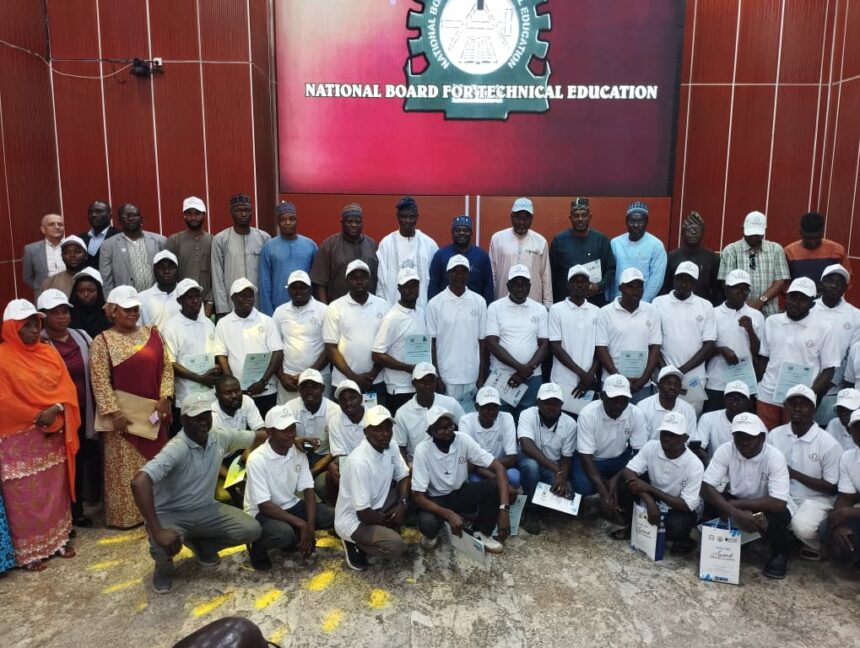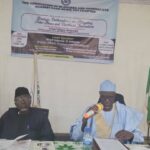The Federal Government has launched the country’s first-ever Recognition of Prior Learning (RPL) certification, designed to formally recognise the skills and competencies of workers in the informal sector.
At the launch of the certification in Abuja on Tuesday, the Executive Secretary, National Board for Technical Education (NBTE), Prof. Idris Bugaje said this feat would shapen Nigeria’s education and vocational development landscape.
Bugaje said the certification would also formally recognise artisans, technicians, and craft workers who have acquired their expertise outside formal education systems.
The NBTE explained that the RPL initiative was conceived to bridge the gap between informal skills and formal recognition, noting that many Nigerians in the informal economy possess exceptional abilities but lack certification to validate their competencies.
“We have a lot of talented people across the Nigerian informal sector e.g. roadside mechanics, welders, fabricators, shoemakers, and othersvwho have more skills than some graduates.
“But they have no certificates to show for it. Today, we are recognising them and giving them certification after a rigorous assessment process.
“This is the first time it is happening in the history of Nigeria,” he said.
Bugaje further explained that while the artisans did not undergo formal training, they participated in a structured assessment process to evaluate their proficiency.
To facilitate the programme,the said that NBTE trained 341 RPL assessors with the support of experts from Kenya and Mauritius.
He added that originally, the Board had planned to send 30 Nigerian polytechnic and awarding body staff to Kenya for training, but the Minister of Education directed that the training be conducted locally to save costs.
The savings, he said, were then used to train additional assessors and roll out the RPL programme nationwide.
“So far, 619 informal sector professionals across the country have been certified under the Nigerian Skills Qualification framework (NSQF).
“With just ₦100 million, we have been able to impact 960 individuals-assessors and artisans combined.
“I call on the government to invest more in RPL so that we can target at least 2 million artisans for assessment and certification,” he said.
On how individuals can participate, the NBTE boss advised artisans and skilled workers to visit any recognised skills training or assessment centres listed on its website.
He added that the National Business and Technical Examinations Board (NABTEB) would handle the certification, while professional bodies such as the Nigerian Institute of Building (NIOB) and the Council for the Regulation of Engineering in Nigeria (COREN) would conduct assessments.
Representing the Minister of Education, the Director, Polytechnics Education and Allied Institution, Dr Ejeh Usman, described the RPL initiative as a transformative milestone that aligned with the federal government’s vision of inclusive and practical education.
Usman praised the NBTE for championing skills development and ensuring that artisans, craftsmen, and other skilled individuals outside the formal education system were acknowledged for their contributions to national growth.
He highlighted that the RPL programme was designed to identify and certify individuals who acquired their expertise through informal means.
He also commended the Minister’s decision to conduct the RPL assessor training locally rather than abroad, noting that it reflected the government’s commitment to strengthening domestic capacity and retaining national resources.












